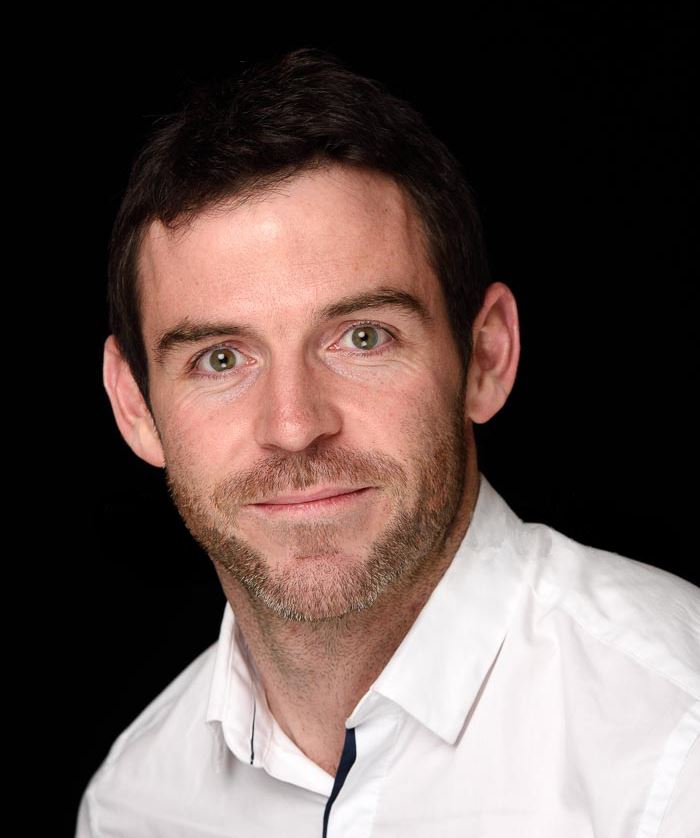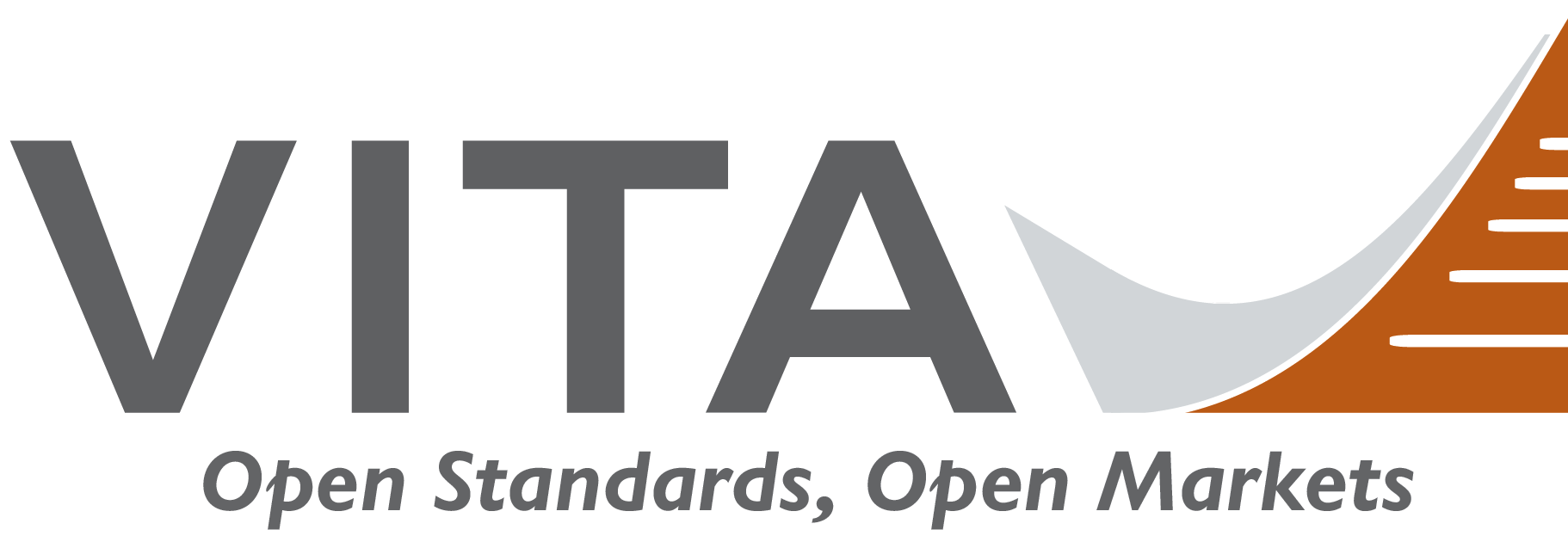Lionel Provost, Digital Electronics Expert, Thales

As an electronics enthusiast since the beginning of my studies, I was a board designer for almost 12 years in a very dynamic and innovative company: Interface Concept. By being involved early in complex embedded projects, I had the chance to put my new skills to work on several technologies (Intel and PowerPC CPU, AMD GPU, Altera/Xilinx FPGA, Marvell Ethernet switches) in various form factors (VME, PMC/XMC, VPX, FMC).
I’ve been involved in VITA developments since the first release of ANSI/VITA 46.0 VPX in 2007 and have built a strong culture of standardization and open architectures. Four years ago, I had the opportunity to join Thales as a digital hardware expert. It was a good way for me to be closest to the system and I’m now working on new electronic warfare systems, where open standards and a culture of re-use are increasingly important.
WORK WITH VITA
1. Explain some of the work you’re doing with VITA 46 (VPX) in the hardware you are developing?
I’ve been a VITA 46 user since the beginning of the standard, designing different VPX COTS FPGA, CPU boards. Because I’ve been using the VITA standard for almost 15 years, I know this experience helps me to build better architectures consistent with new standard enhancements.
2. What new design challenges do you see for electronics used in military aircraft, and how can standards help?
The complexity of electronics equipment is increasing. Using standard is a way to make modularity and upgradability possible at reasonable cost.
WHY ENGINEERING?
1. Did you always want to be an engineer? If so, why? If not, how’d you wind up here?
I didn’t always want to be an engineer, but since early childhood I have always been passionate by building and creating stuff. That led me on the path of engineering, but rather late!
2. What has surprised you the most about the work you do with embedded computing? (or engineering in general)
The variety of topics and the number of possible applications in embedded computing. They are almost infinite, whatever the field.
3. What is one of the biggest issue currently facing engineers?
The incredible evolution of technologies and the ability to integrate them into our equipment is challenging.
4. What advice would you give to someone looking into this field of engineering?
The ability to take a step back from your daily work and learn how to build skills on topics you do not know. This requires a significant effort, but it is an important part of the job to be able to progress.
Off the cuff: What’s the most recent show you’ve binge watched?
Chernobyl: very realistic, didactic and addictive TV mini-series on the world's worst nuclear power plant accident
